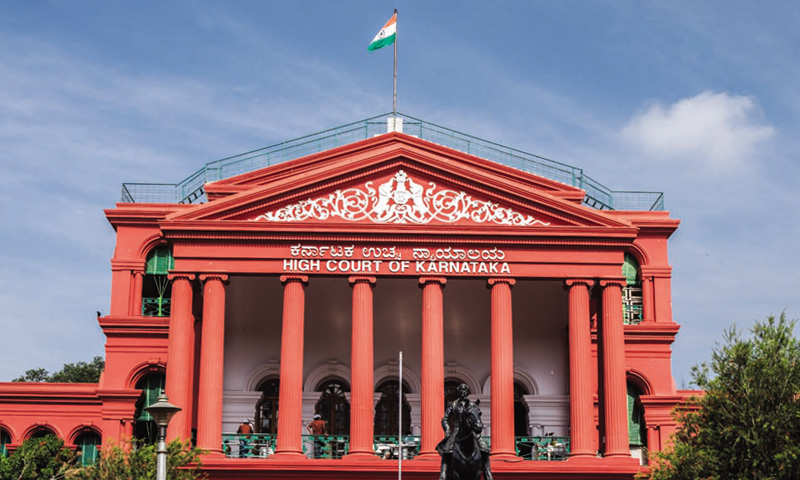Bengaluru : The Karnataka High Court reserved its verdict on a plea filed by RCB’s Head of Marketing, Nikhil Sosale, who sought interim relief in connection with the Bengaluru stampede case that recently claimed the lives of 11 people.
The stampede, which occurred during a high-profile public event in Bengaluru, raised serious concerns about the organisers’ planning and the lack of police preparedness. The incident triggered public outrage, compelling state authorities to initiate a swift crackdown, including multiple arrests and administrative suspensions.
Sosale approached the High Court challenging the legality of his arrest, asserting that it was unjust and unwarranted. His counsel urged the court to provide interim protection, arguing that the arrest did not follow due legal procedure.
During the hearing, both parties presented their arguments before the bench. The state was represented by Advocate General Shashi Kiran Shetty, who contended that the relief sought under Article 226 of the Constitution was only valid unless the court deemed the arrest unlawful. He emphasized that the facts presented by the state justified the arrest, and added that political statements, including those made by the Chief Minister, should not influence the legal process.
Shetty also clarified that Sosale was not in police custody but in judicial custody, asserting that the law had been followed. He stated that only the Warrant Habeas Corpus (WHPC) route was valid in this context.

The court, after hearing the arguments, reserved its verdict until June 12, 2025.
The incident had severe fallout, with several senior officials, including Bengaluru Police Commissioner B. Dayananda, being suspended. The government’s image took a hit, especially after visuals of the chaos and loss of lives went viral.
As public scrutiny intensifies, the High Court’s upcoming decision will likely set a precedent for accountability in public event management and the legal scrutiny of administrative actions taken in its aftermath.










